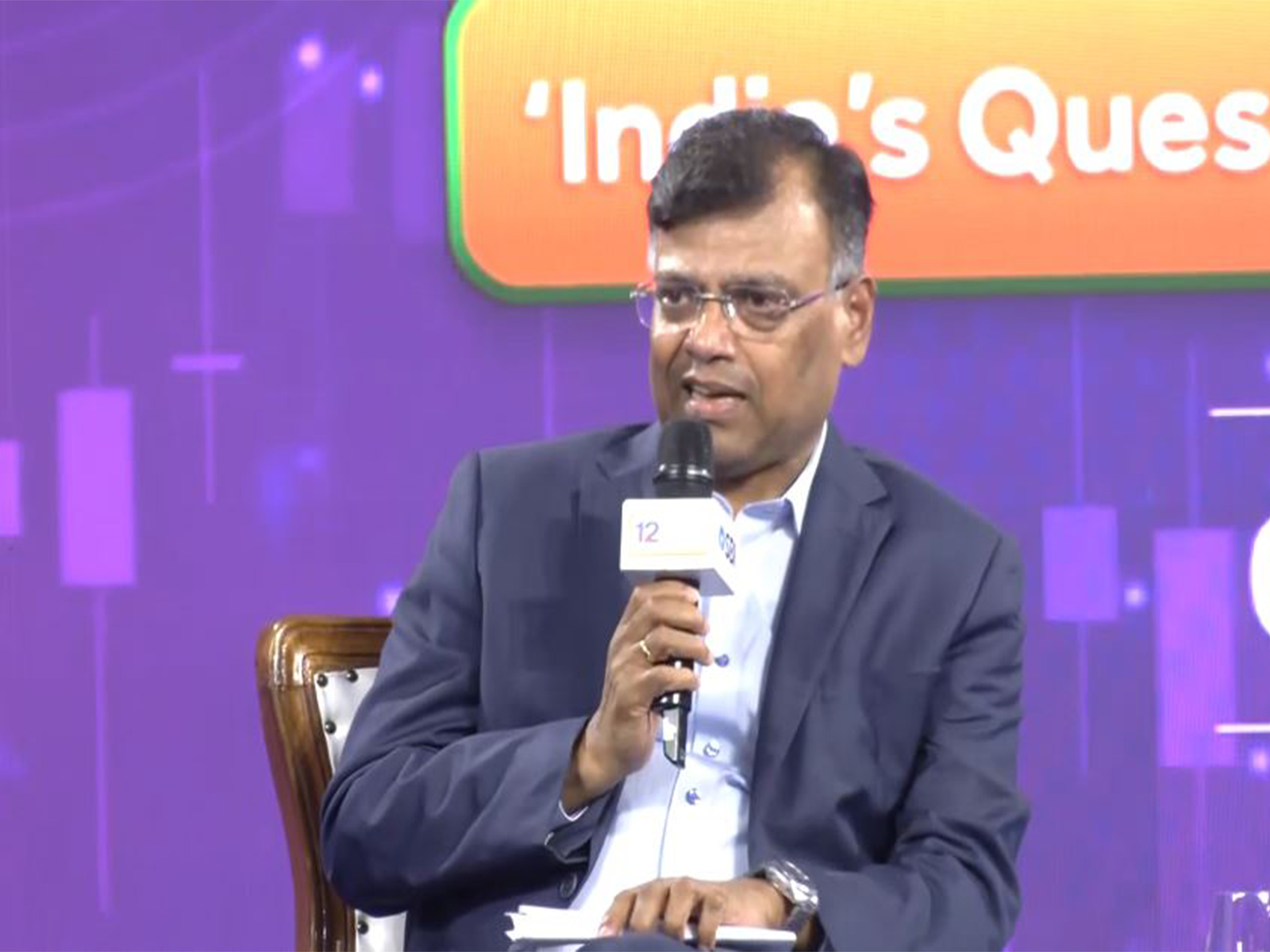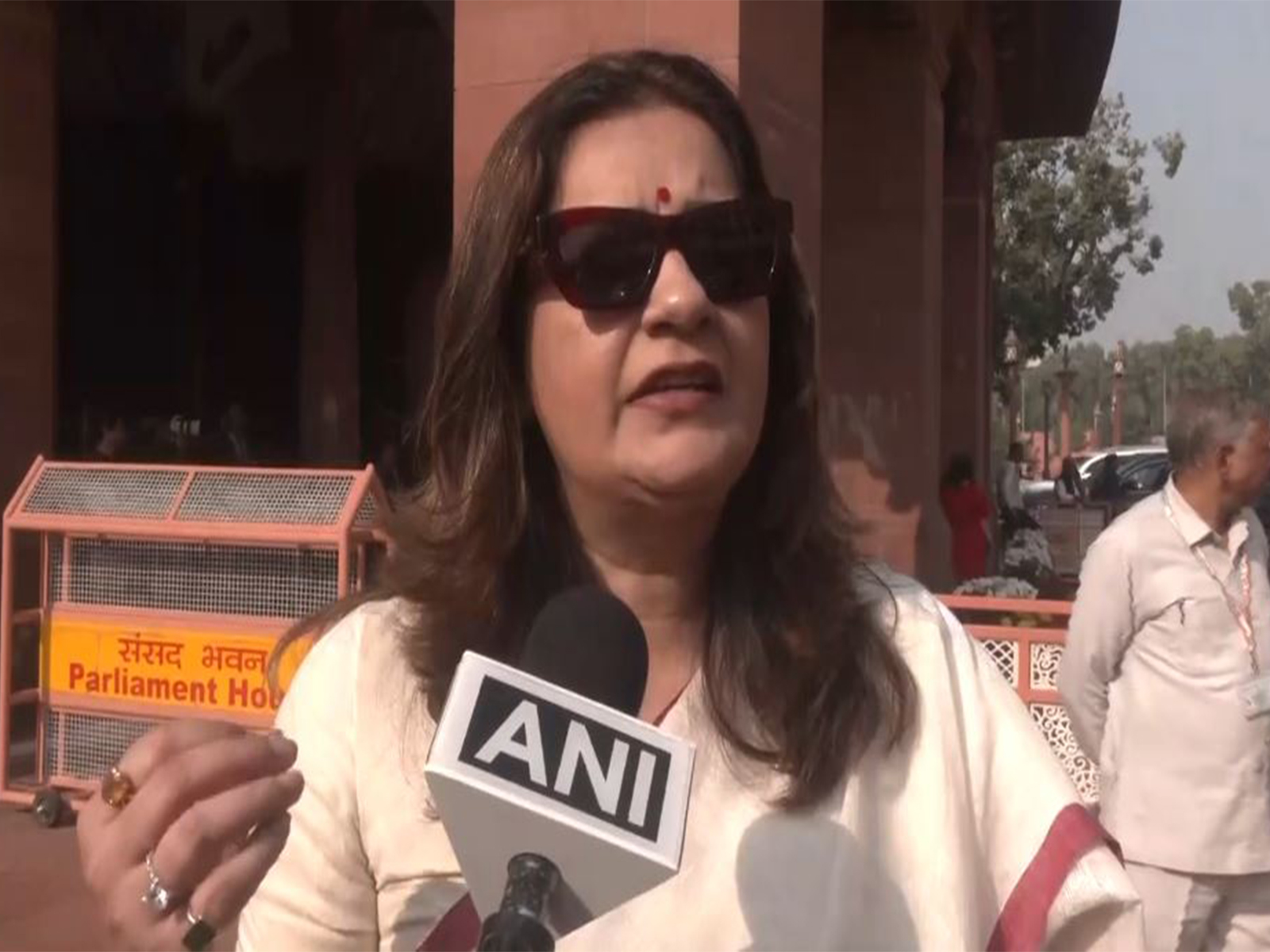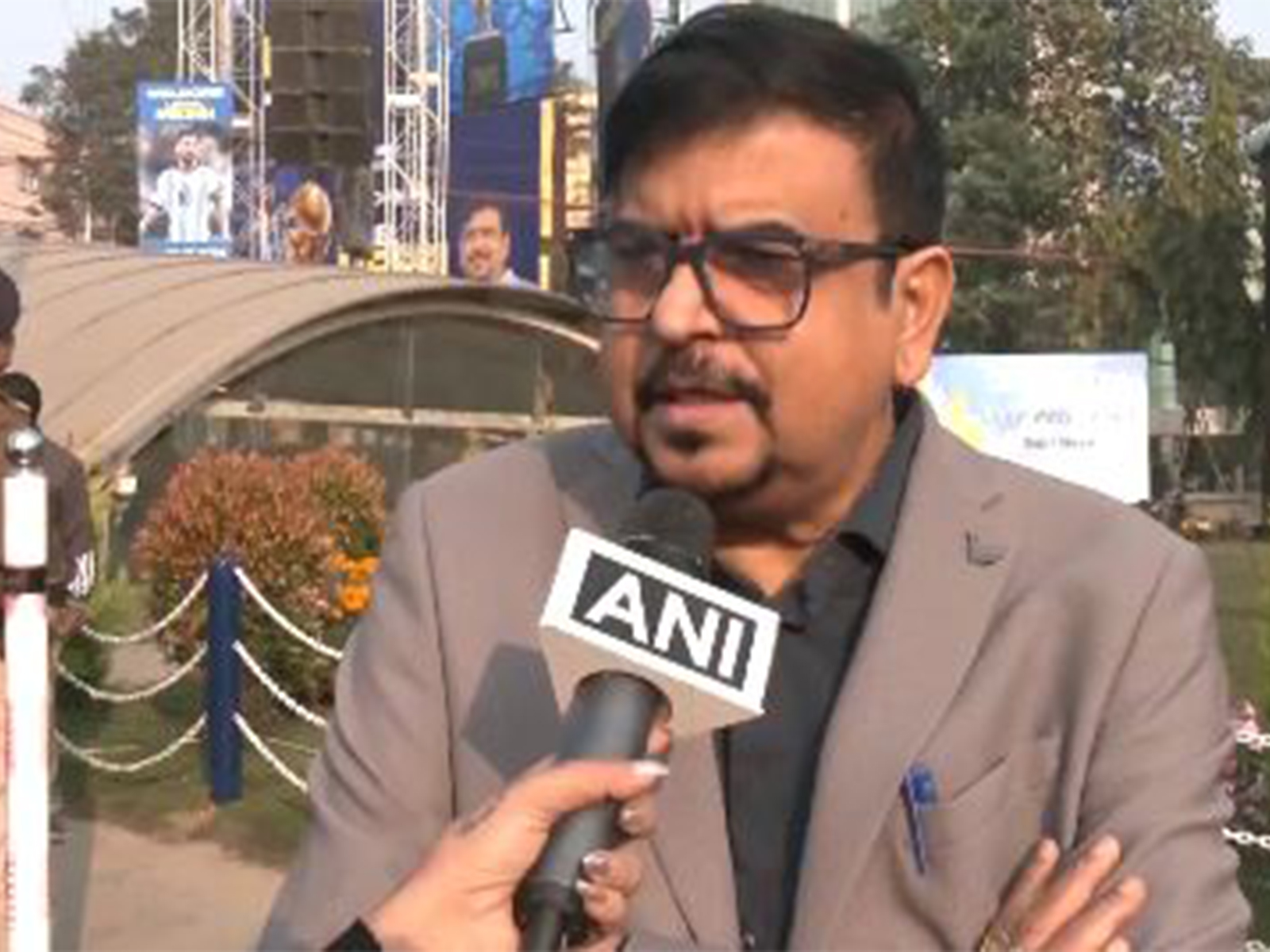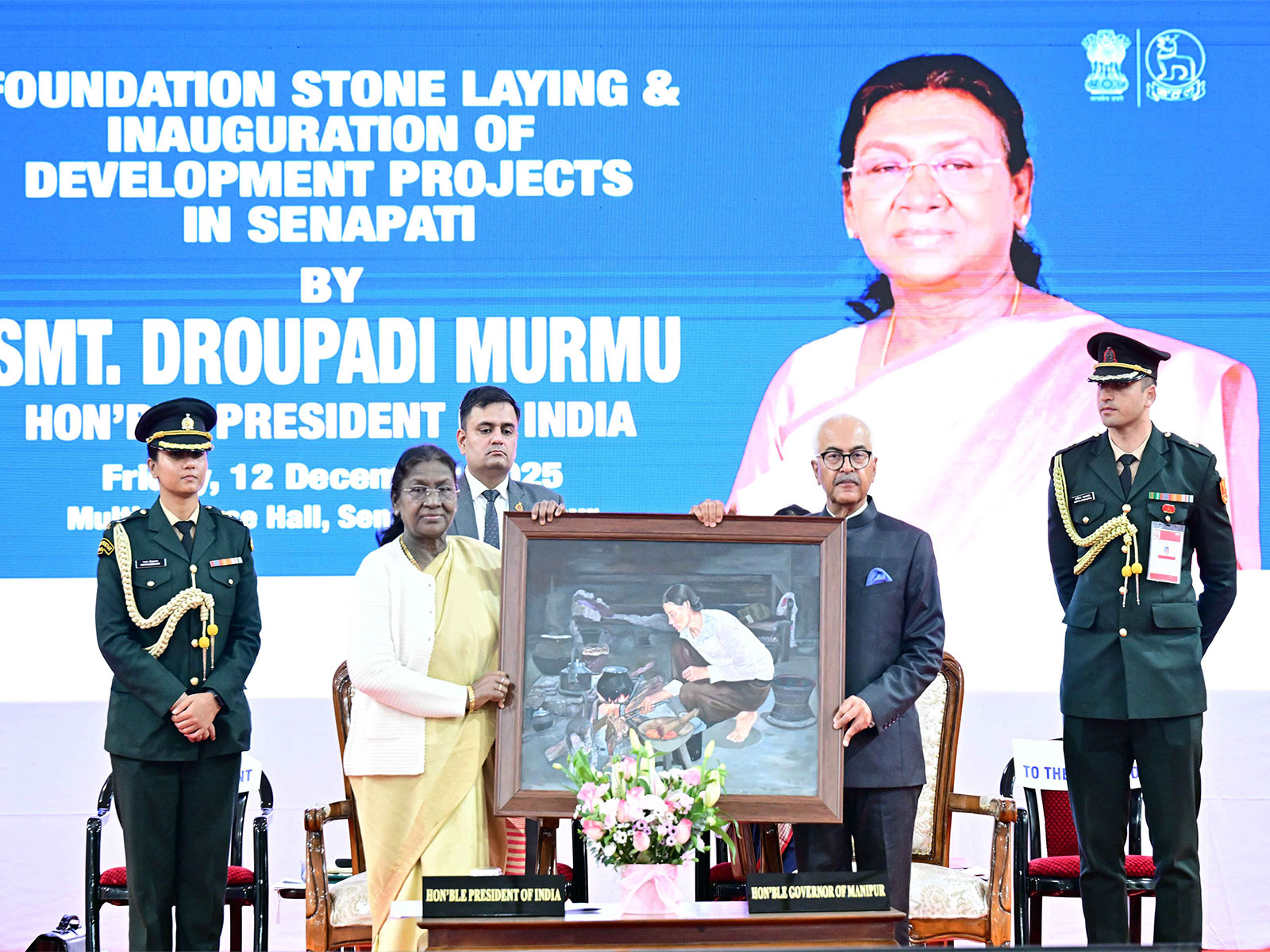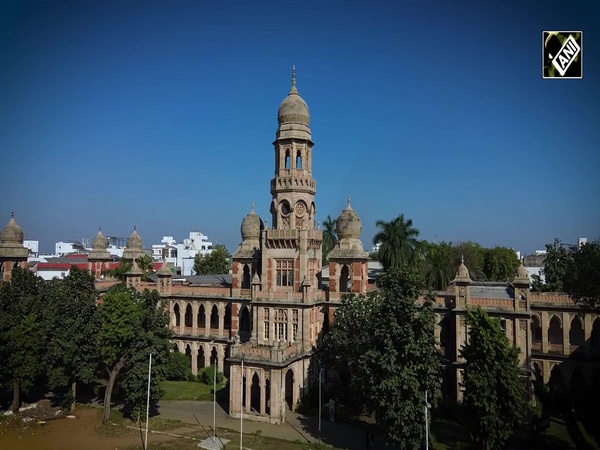India doubled power generation capacity in last 10 years, aims to triple by 2031-32: Minister Jitendra Singh in Lok Sabha
Dec 11, 2024

New Delhi [India], December 11 : Union Minister of State for Science & Technology and Space, Jitendra Singh, informed the Lok Sabha on Wednesday that India's power generation capacity has seen unprecedented growth over the last decade, equalling the progress made in the previous 60 years.
Highlighting the achievements of the current government, he attributed this rapid development to a supportive political framework introduced after 2014.
"In 2014, when this government came to power, India's total power generation capacity stood at 4,780 megawatts. In just ten years, this has almost doubled to 8,180 megawatts in 2024," said Singh.
He further emphasized that the capacity developed in the past decade matches the growth achieved over six decades before 2014.
Looking ahead, Singh revealed ambitious projections, stating that if the current pace of development continues, India's power generation capacity is expected to triple by 2031-32, reaching 22,480 megawatts.
He attributed this success to India's inherent talent, technological capabilities, and resources, supported by decisive political leadership.
He said, "If we proceed by the same pace, our future projections reflect that by 2031-32, this generation capacity will increase three times from today, equal to 22,480 megawatts".
He further added that, "The enabling milieu provided by the political leadership post-2014 has been instrumental. Several transformative decisions were made, such as bulk approval of 10 nuclear reactors, increased budget allocations, fostering joint ventures with public sector undertakings (PSUs), and limited private sector involvement".
The minister also highlighted India's diversification in the atomic energy sector, which has extended beyond power generation to peaceful applications, as envisioned by Homi J. Bhabha, the founder of India's nuclear program.
Addressing India's progress in thorium-based nuclear reactors, Singh mentioned that projects like BHAVINI (Bharatiya Nabhikiya Vidyut Nigam Limited) are paving the way for utilizing thorium as an alternative fuel.
He noted that this will not only reduce our dependence on uranium and other imported materials but also mark a significant step in India's energy independence journey.
He said, "We are gradually moving in that direction, and I think one of our indigenous projects called BHAVINI would make use of that. And that would be an experiment from which, learning from the experience of which, we will move on".
